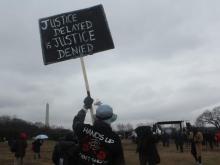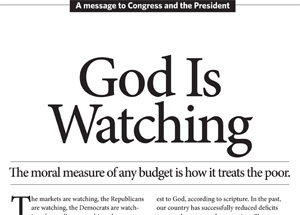manhattan

Crying out “no justice, no peace,” crowds joined the Rev. Al Sharpton in a weekend march towards the Martin Luther King Jr. Memorial, vowing not to let President-elect Donald Trump turn back strides made by the civil rights leader.
The mostly African-American throng — smaller than the thousands expected, due to the steady rain — heard from civic and religious leaders about key areas of concern: health care, voting rights, economic equality, and police brutality and reform.
On the morning of September 11, 2001, I was standing in the bathroom of my apartment outside Chicago, about to hop in the shower, when I heard the phone ring and then my husband call my name.
"It's Roger from the desk," he called, sleepily, invoking the name of the morning assignment editor at the Chicago Sun-Times where I was a reporter at the time.
I padded down the hallway in my pajamas to the living room and picked up the phone.
"How quickly can you get down here," Roger asked.
"I dunno, an hour, maybe," I said. "Why? What's up?"
"A plane hit the World Trade Center in New York," he said. "They think it's a terrorist attack."
 The markets are watching, the Republicans are watching, the Democrats are watching, the media are watching, the pollsters and pundits are watching. The public is watching and is disgusted with Washington, D.C.
The markets are watching, the Republicans are watching, the Democrats are watching, the media are watching, the pollsters and pundits are watching. The public is watching and is disgusted with Washington, D.C.
When it comes to the bitter and ultra-partisan battles over the budget, the deficit, and the fast-approaching deadline for America defaulting on its financial commitments, the whole nation and even the world is watching.
But God is watching too.
When trying to make sense of the changes that new media have brought to us, we can use either supplementary or substitutionary logic. With supplementary logic, Facebook et al. extend the range of our embodied relationships; with substitutionary logic, social media replace them. Those who want to use social media to enhance their churches' outreach implicitly use supplementary logic. Those who want to worship online and don't want to change out of their pajamas or meet other people in their messy particularity ... well, you get the idea.
A recent trip to New York City for a first meeting of the New Media Project Research Fellows reminded me of the superiority of supplementary to substitutionary logic. This happened because the neighborhood around Union Theological Seminary is so deliciously, specifically, embodiedly particular. Union itself is a marvel: its gothic architecture makes it unmistakable that this is a place with history. Niebuhr taught here; Bonhoeffer smoked and worried and decided to go home here; James Cone and Christopher Morse teach here; Serene Jones leads here. The neighborhood extends this particularity; the Jewish Theological Seminary, down Seminary Row, has a glorious crest above its door: "And the bush was not consumed." A tunnel under Union leads you to the grandeur of Riverside Church, where Fosdick and Forbes thundered. Go a few blocks south and east, and you're at The Cathedral of St. John the Divine, the largest interior church space in North America. The morning I visited, the light shone blue through the rose window, filling the clerestory with incandescent beauty. The chapel at Columbia University, with its stained glass above the altar depicting St. Paul preaching on Mars Hill, is a perfect image for situated Christian truth vis-à-vis the gods on campuses and in Manhattan.